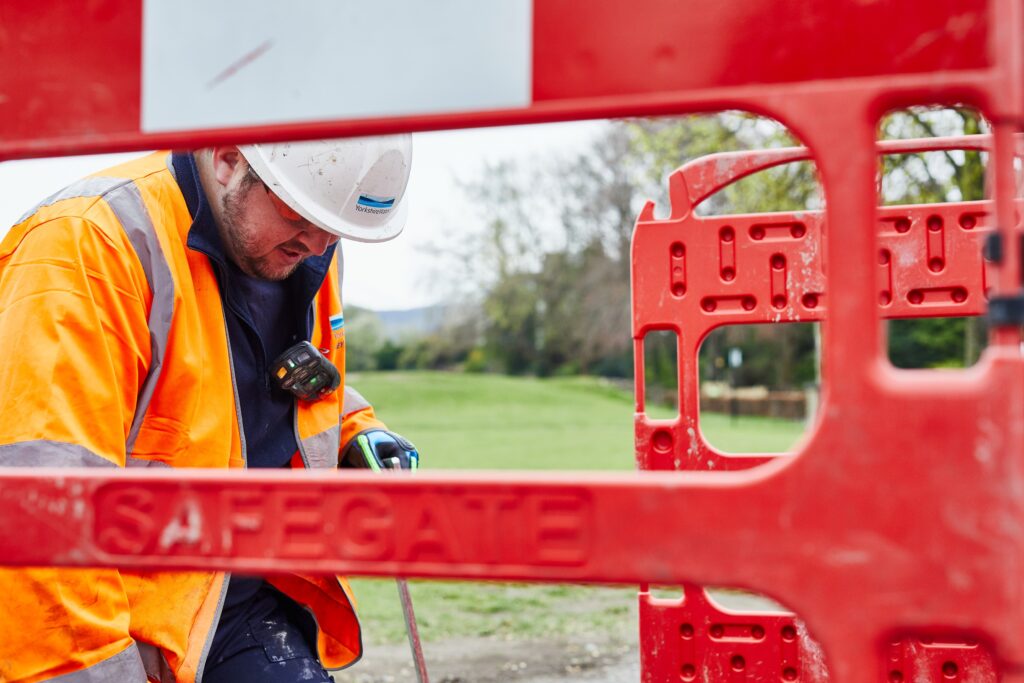Yorkshire Water started work on a £1.9m project to replace 2.8km of water mains in North Ferriby.
The mains renewal aims to improve reliability of drinking water supply, reduce leakage and prevent water mains bursts in the area in the future. The work is part of Yorkshire Water’s £406m investment to replace more than 1,000km of water mains across the region between 2025 – 2030.
Alex Spivey, project manager at Yorkshire Water, said: “Yorkshire water is delivering a significant upgrade to its clean water network, starting with 238km of mains being replaced in Yorkshire over the next 12 months alone. This is part of our largest environmental investment ever of £8.3bn across the county over the next five years.
“Mains replacement work will help us to deliver the quality and reliability of service that our customers expect as a robust and durable network reduces the likelihood of bursts and loss of supply.”
Two teams will be working at the same time starting on Nunburnholme Avenue and Marine Avenue and finishing at Church Road and Woodgates Lane towards the end of October.
Alex added: “We’ve worked with local highways teams and temporary traffic lights will be in place throughout to ensure that the work is safe for local residents, road users and colleagues, which will move as the mains replacement progresses.
“We’ll be working as quickly as we can to keep disruption to the local community to a minimum and would like to thank local residents for their patience whilst we carry out this important work.”
Yorkshire Water has identified 31.1km of mains replacement in Hull and 38.7km of mains renewal in the East Riding of Yorkshire Council over the next two years and is working towards completing plans for the remaining three years of the five-year programme.
Having long-term visibility of the mains replacement programme allows Yorkshire Water to work with Local Authorities, Highways and other utility providers so that it can collaborate with them to renew mains and other services in one go.
Wherever possible, the intention is to deploy trenchless techniques to reduce disruption to road networks by tunnelling underneath and prevent the need to dig a trench across a whole stretch of road.






























